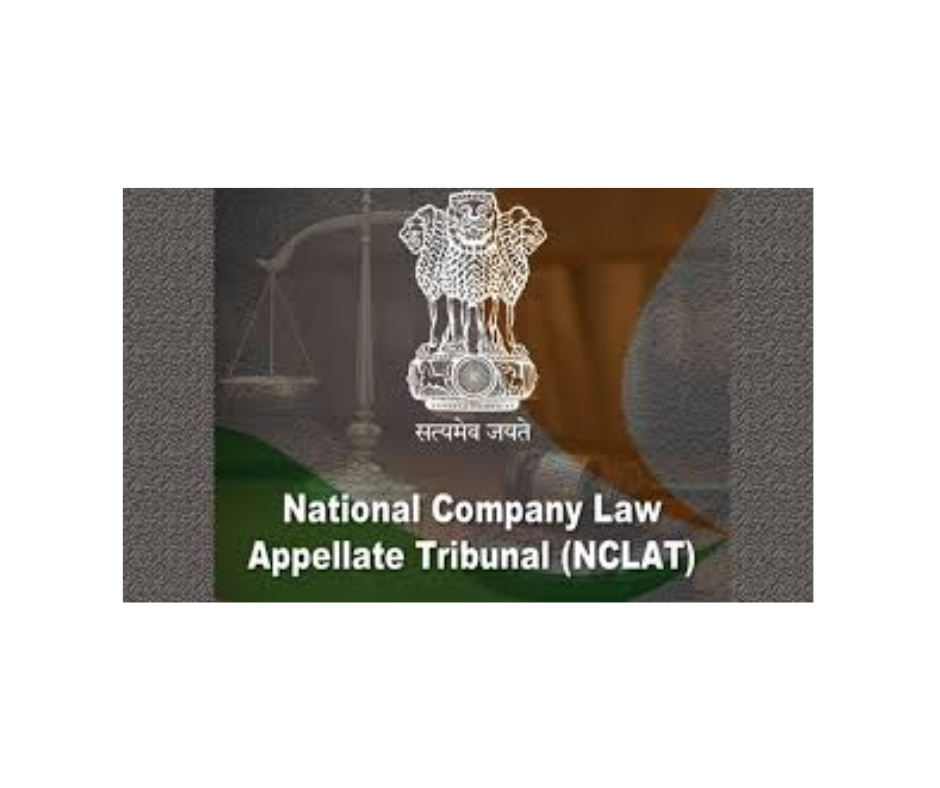Can LLP be converted to Pvt Ltd?
Can LLP be converted to Pvt Ltd Can LLP be converted to Pvt Ltd: In certain jurisdictions, there exists the possibility of converting an LLP (Limited Liability Partnership) into a private limited company (Pvt. Ltd.). However, the process and requirements for transformation can vary depending on the specific laws and regulations of the jurisdiction… Read More »









